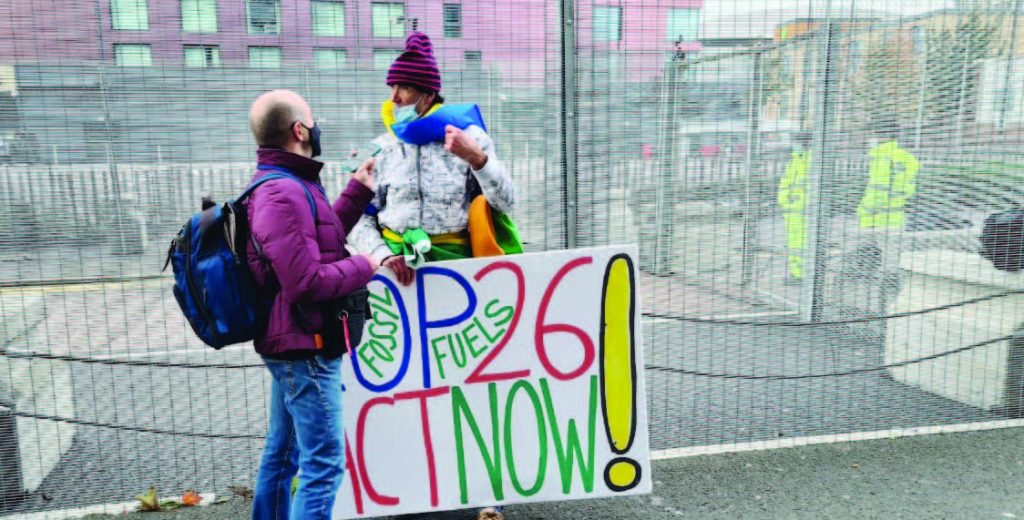Twelve wealthy nations have pledged $413 million in aid of 46 least developed countries (LDCs) most at risk of disasters associated with climate change.
The 12 donor governments announced the new commitments on Mo at CoP26, the United Nations (UN) climate change conference in Glasgow, Scotland, where poor nations feel hard done by.

The commitments come a week after President Lazarus Chakwera hit at the rich nations for falling short of their promise to support poor countries struggling to cope with climate-related weather shocks.
Speaking on behalf of the LDCs at the crunch climate talks last week, Chakwera faulted the rich countries for failing to inject $100 billion every year as required by the Paris Agreement signed in 2015.
“The money pledged to the least developed nations is not a donation, but a cleaning fee. Neither Africa in general nor Malawi in particular will take no for an answer. Not anymore,” he said in reference to the rich nations’ unenviable perch as major emitters of greenhouse gasses that fuel climate change.
The broken promise has stirred frustration among negotiators from the worst-hit poor nations who want the rich polluters to dramatically raise funding for adaptation, loss and damage that slow development in LCDs.
And in a show of support for those most at risk from climate change, 12 donor governments have pledged $413 million in new funding for the Least Developed Countries Fund (LDCF) hosted by the Global Environment Facility (GEF).
The financial basket, which Malawi accesses through the UN Development Programme under Adapt Plan, is the only dedicated source of climate resilience funds for the 46 LCDs that face the worst effects of climate change despite contributing the least to carbon emissions.
The new pledges from Belgium, its region of Walloon, Canada, Denmark, Estonia, France, Germany, Ireland, the Netherlands, Sweden, Switzerland and the US seek to close the gap.
Civil Society Network on Climate Change national coordinator Julius Ng’oma welcomed the announcement as timely because parties to the UN climate change treaty are discussing ways to meet the commitments made in Paris.
The Malawian activist said: “It is a good thing that these countries have pledged to support the LCDF even though the sum is not near enough for the needs and priorities in countries like Malawi.
“Looking at adaptation issues in the LCDs, the money is still a drop in the ocean. We hope they will commit to actually provide the promised resources in an effective and efficient manner. We need climate financing that is accessible and transparent, without any hidden conditions.”
GEF chairperson Carlos Manuel Rodriguez said he was delighted at “the strong show of support” to the world’s most vulnerable countries.
Sonam Phuntsho Wangdi, chairperson of the LDC Group at the UN climate negotiations, hailed the LCDF as the only climate change adaptation fund designed to meet poor countries’ unique needs and priorities as “the science indicates that our climate risk exposure will only increase”.
“We are pleased about the generous new contributions to the LDCF announced today and sincerely hope that additional donors will follow suit given how meaningful this source of support is to us,” he said.
Since 2001, it has provided $1.7 billion for projects that have reduced the climate vulnerability of almost 50 million people and strengthened the climate resilient management of six million hectares, including in Nkhata Bay, Ntcheu and Zomba.
GEF has supported 25 000 civil society and community initiatives in 135 countries, including Malawi.
Source: The Nation_Wednesday, November 10, 2021_by James Chavula in Glasgow,Scotland
